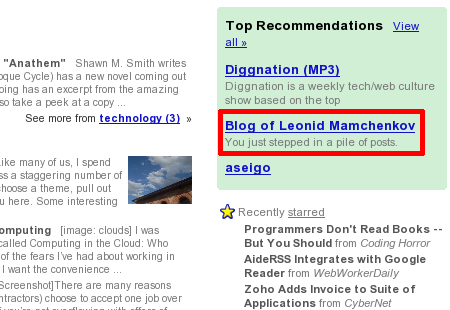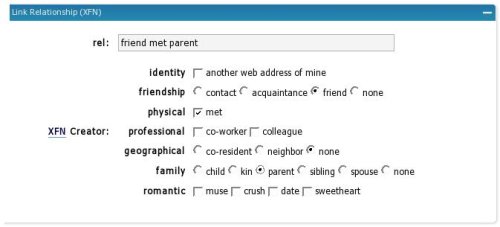For the last few days, the biggest thing in the technical news is Google Chrome browser (check the comics book, introducing the browser, download beta). Sure, we had our share of browser wars, and we still do, but this is something completely different. Most of today’s browsers started back in the days when the Web was totally different. Since then, some browsers changed more than others. Some new ones appeared. But there was no a big break through. It was mostly an evolutionary approach.
I’m glad to see these big news from Google, that they decided to create a new browser from scratch. They built it with solutions to many of the today’s problems. They’ve put some flexbility for the future. And it seems like they’ve thought a lot about it.
I absolutely support their choice of open source in this matter. Nobody, not even Google can build a browser that will satisfy everyone and everything, and then keep developing and maintaining it. That’s not possible with the current state of the Web affairs. The only way to pull it off is to open source it, so that the Web itself could help them with this mega task. Also, it’s nice to see that they don’t want to reinvent the wheel either – taking both WebKit (open source web rendering engine) and V8 (open source JavaScript implementation) is smart decision.
It’s nice to see some real competition in the browser world. Microsoft’s Internet Explorer has changed a lot in the last few years, and the biggest reason for those changes was Mozilla’s Firefox. Firefox changed a lot too, but it sure could use a push from another open source product. Google’s Chrome could be exactly that product.
Also, for once it would be nice to see a browser built by someone who knows the Web, and not how to build software. Yes, browser is a software, but it’s not on its own. You need to know more and have access to a lot more data to build a good browser. In particular, what, who, and how uses the Web. Neither Microsoft, nor Mozilla, nor Opera Software have these information. Or at least not on the scale that Google has.
And, of course, there always will be downsides to any good initiative. In the case with Google Chrome, my biggest concern is the situation with themes and extensions. Firefox has an excellent community in this regard. This community has built all possible and impossible thems and extensions for practically anyone anywhere. And it still continues to do so. Google Chrome starts from scratch, so there won’t be anything for some time. And since the whole browser thing is new, it’ll need to start with a new set of developers, testers, users, and so on. And so it will take them some time build that all up.
As with anything, there are a billion of other ways to look at Google Chrome, the way the Web is going, the way Google is going, the way software development in general and IT as a whole is going. But I’ll leave that up to you. Here are, however, a few links to get you started.
- Slashdot : Google Chrome, the Google Browser
- Slashdot : Mozilla’s Thoughts on Google’s Chrome
- Linux Weekly News : The Google Chrome comic book
- PCWorld : Official Google Chrome Screenshots
- Google Blogs Search results for “Google Chrome“

